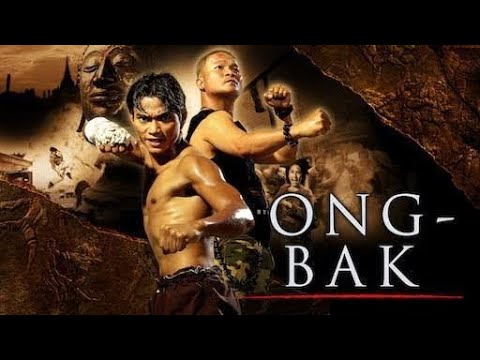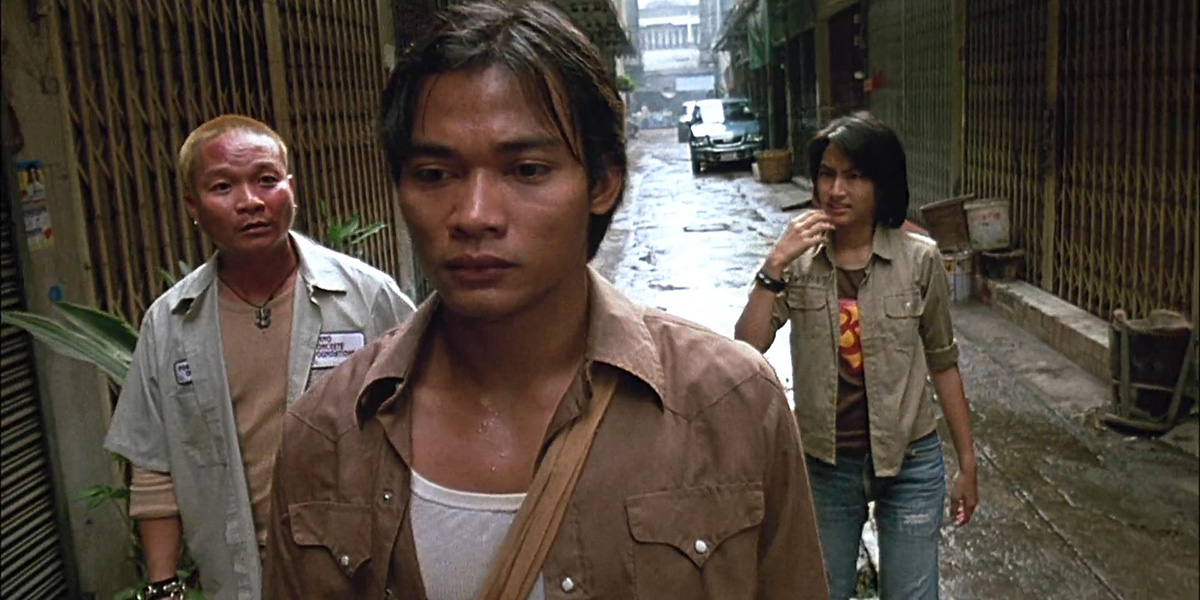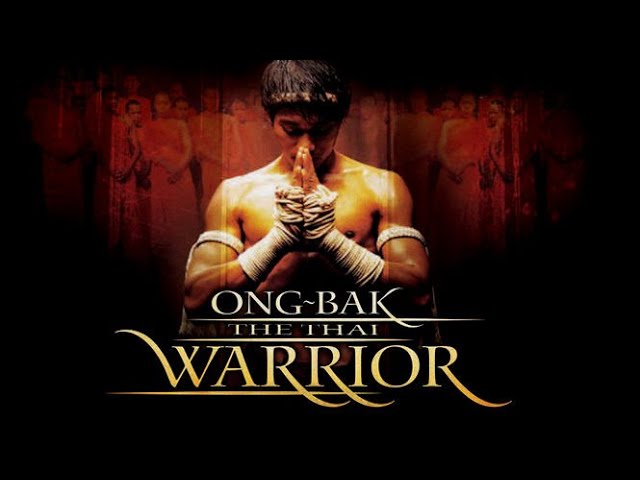Ong-Bak: The Thai Warrior (2003)

Related Movies:
Related Movies:
Related Movies:
Related Movies:
Related Movies
Related Movies:
Related Movies:
Ong-Bak: The Thai Warrior (2003) – Detailed Review
Released in 2003 and directed by Prachya Pinkaew, Ong-Bak: The Thai Warrior is the film that introduced international audiences to Tony Jaa, whose electrifying martial arts skills quickly made him a global action star.
The story follows Ting (Tony Jaa), a young man from a rural village in Thailand. When the sacred head of the Ong-Bak Buddha statue is stolen by criminals, Ting volunteers to travel to Bangkok to retrieve it. What begins as a simple mission of cultural and spiritual duty evolves into a gritty journey through the dangerous underbelly of the city, filled with illegal fighting rings, gangsters, and moral corruption.
What sets Ong-Bak apart is its raw, unfiltered action. The film is notable for rejecting wires, CGI, or camera tricks. Tony Jaa performs every stunt and fight sequence himself, showcasing traditional Muay Thai in its purest, most devastating form. His acrobatic leaps, bone-crunching elbows, and gravity-defying stunts, such as leaping through rings of barbed wire or vaulting over moving vehicles, deliver a visceral experience that redefined martial arts cinema for a new generation.
The plot itself is straightforward and sometimes thin, focusing more on delivering nonstop action than building a layered narrative. However, the simplicity works in its favor—it keeps the spotlight on Jaa’s athleticism and the authenticity of Thai martial arts. The supporting cast, including Petchtai Wongkamlao as comic relief, helps balance the intensity with moments of humor.
Visually, the film captures the stark contrast between Ting’s quiet village life and the chaos of Bangkok’s criminal underworld. The action is often shot in long, uninterrupted takes, giving the audience a clear view of the choreography without the distraction of rapid cuts. The sound design—every crunch, strike, and fall—heightens the brutality of each fight.
While Ong-Bak doesn’t break new ground in storytelling, it excels as a showcase of physical artistry and raw martial arts power. It became a cultural milestone, inspiring future action films and firmly establishing Tony Jaa as a successor to legends like Bruce Lee, Jackie Chan, and Jet Li.
Rating: 8.7/10
A must-watch for fans of martial arts cinema, Ong-Bak is less about narrative depth and more about celebrating the breathtaking physicality and authenticity of Thai fighting tradition.
Do you want me to also create a modern viral-style review (2025 tone) for Ong-Bak, like the ones you use for Facebook posts, or keep it in this professional review style











